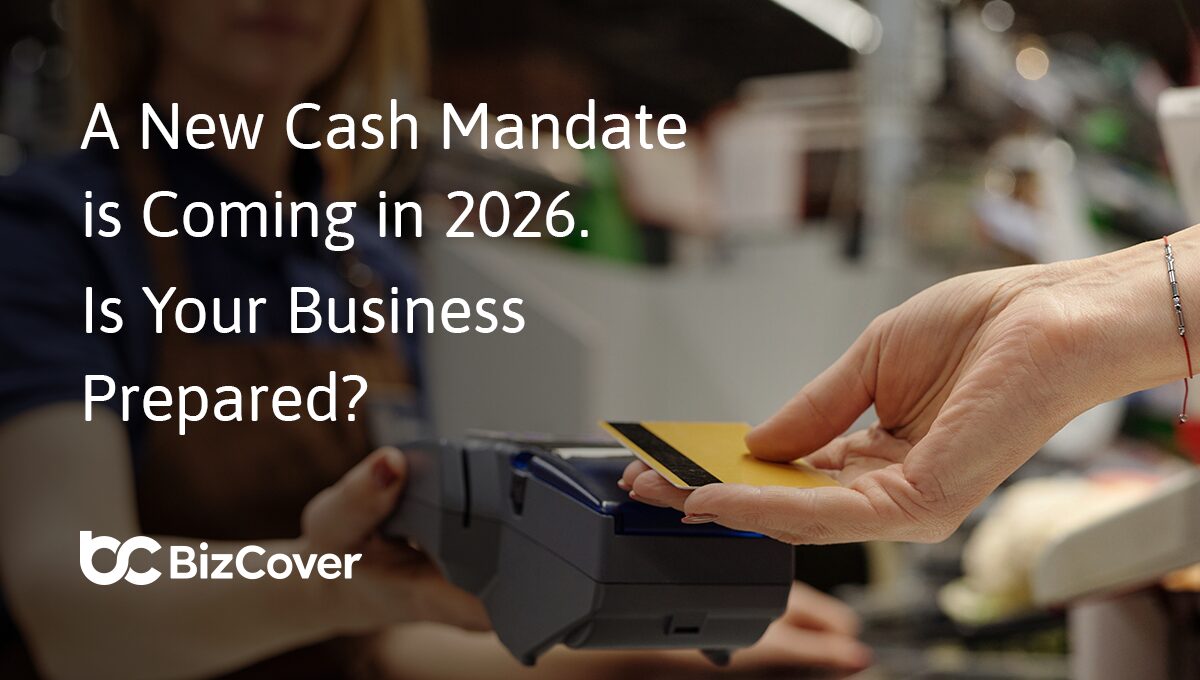8 common startup costs for small businesses
While the idea of being your own boss is great, starting a small business can be a daunting experience. Before you start investing, it’s good to get an idea of some of the common start-up costs small businesses face, so you can create a budget plan.
1. Business registration fee
One of the first decisions you need to make is choosing what structure to register your business under. Usually, the choice is between a company and a sole proprietorship (sole trader).
Sole traders generally pay $42 for one year or $98 for three years to register a business name. However, these prices can change, so you should always check the appropriate government website to make sure you understand what the correct pricing is.
The cost to set up a company name can be substantially higher than this. However, setting up a company ensures your personal assets are not tied to your business, and therefore not at stake if you face an insurance claim. This is because sole traders are legally and financially responsible for any business losses or gains – meaning there is no legal distinction between business assets or personal assets.
2. Permits and industry requirements
Many industries in Australia are regulated by the government or an industry body. From trades like electrical work and plumbing, to financial advisers, these occupations often involve high-risk work.
Check your local industry regulations to factor in any startup business costs, such as a mandatory level of Public Liability insurance or Professional Indemnity insurance.
3. Borrowing costs
Many small business owners don’t have the capital required to launch and will often borrow money from banks. Besides repaying the loan, you may be required to pay an initial fee depending on the financial institution, as well as any ongoing fees and interest repayments.
4. Supplies and equipment
Every business will likely need some kind of equipment and supplies to get started. Whether it’s materials to build your product from scratch, or computers to conduct your business with, there are plenty of things to be accounted for in your budget.
5. Promotions and marketing
While advertising will be an ongoing expense, it’s often a good idea to develop a specific marketing strategy for your business launch. Putting money towards attracting an initial customer base could be a valuable investment. There are a number of ways you can do this, including boosting your online presence through social media and paid ads.
6. Payroll
Starting a business often involves hiring employees or contractors. This means you will have to account for wages, salaries, commissions, and bonuses. Fair compensation will ensure a lower turnover rate and help attract the right talent.
7. Technology
Technological costs could include website design, business software and information systems.Some small business owners choose to outsource these functions to managed IT service providers or virtual accountants. Others choose to purchase technology under a software-as-a-service (SaaS) model where you pay a recurring fee. Whatever the case, consider what technology to use and how you plan to pay for it going forward.
8. Business insurance
No matter the industry, small businesses face various risks in their day-to-day operations. It’s important to consider what safety precautions you can put in place to protect yourself from potentially expensive claims. Investing in business insurance is one way that you can protect your small business when the unexpected happens, giving you peace of mind and allowing you to focus on the important task of running your business.
This information is general only and does not take into account your objectives, financial situation or needs. It should not be relied upon as advice. As with any insurance, cover will be subject to the terms, conditions and exclusions contained in the policy wording. © 2025 BizCover Limited.





